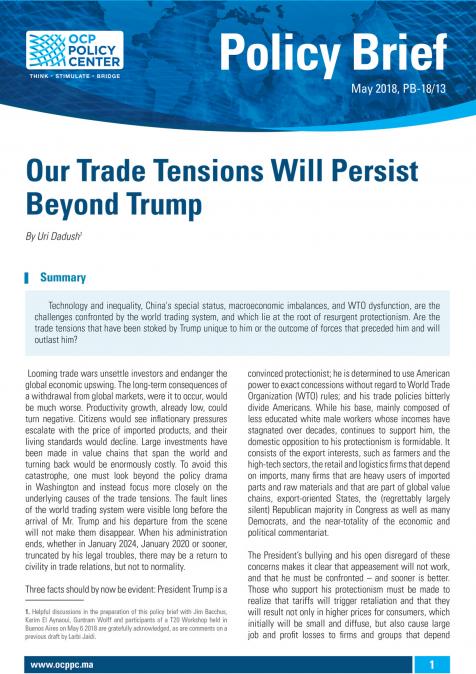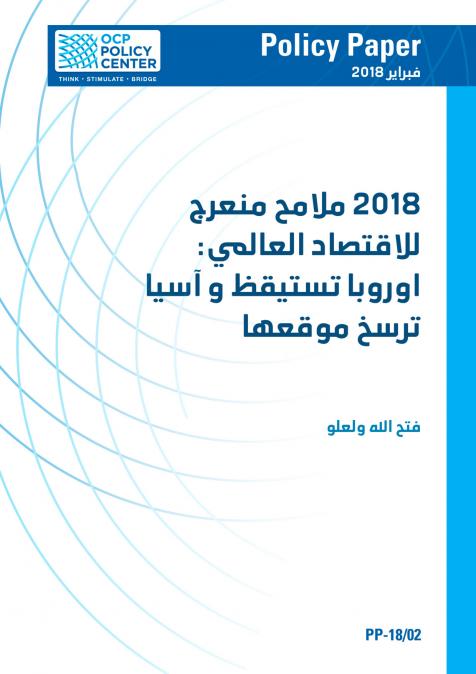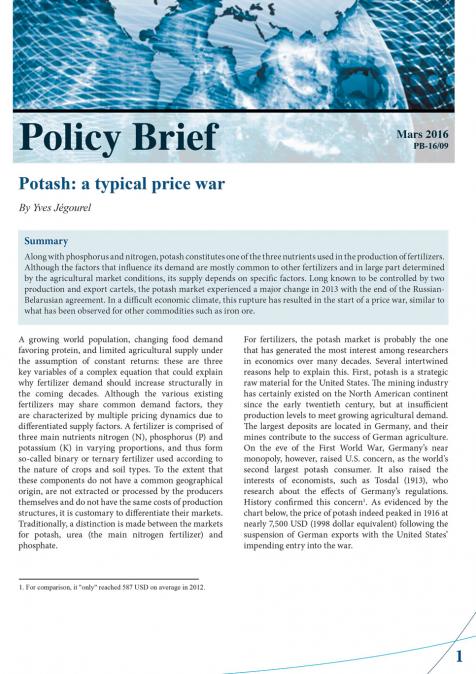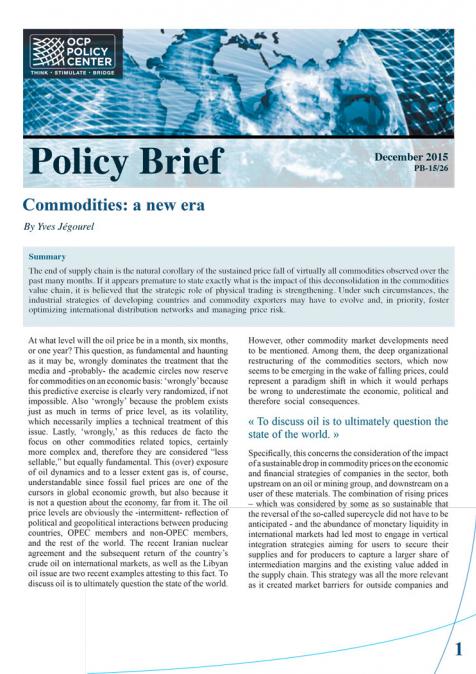Publications /
Research Paper
La pandémie de la Covid-19 était venue contribuer au ralentissement de la cadence des investissements chinois dans le cadre de l’Initiative Ceinture et Route « Belt and Road Initiative (BRI) ». Entamée dès 2016, cette tendance à la baisse a été accentuée par les tensions géopolitiques et les problèmes internes qui ont affecté l'économie chinoise. Nonobstant ces contre-temps, la Chine a atteint l’un de ses plus grands objectifs : étendre son influence à travers le monde. À l’occasion du 10e anniversaire de cette Initiative, ce Papier propose une analyse rétrospective et prospective de l’une des initiatives mondiales les plus ambitieuses du 21e siècle. Ceci à travers une évaluation de son impact sur le commerce mondial, la connectivité (ports, aéroports…) et sur la dynamique géopolitique. Le contexte de la célébration de cet anniversaire invite à un examen des réalisations de l'Initiative, notamment en Afrique, des défis rencontrés et de son rôle dans le façonnement de l'avenir des relations internationales








